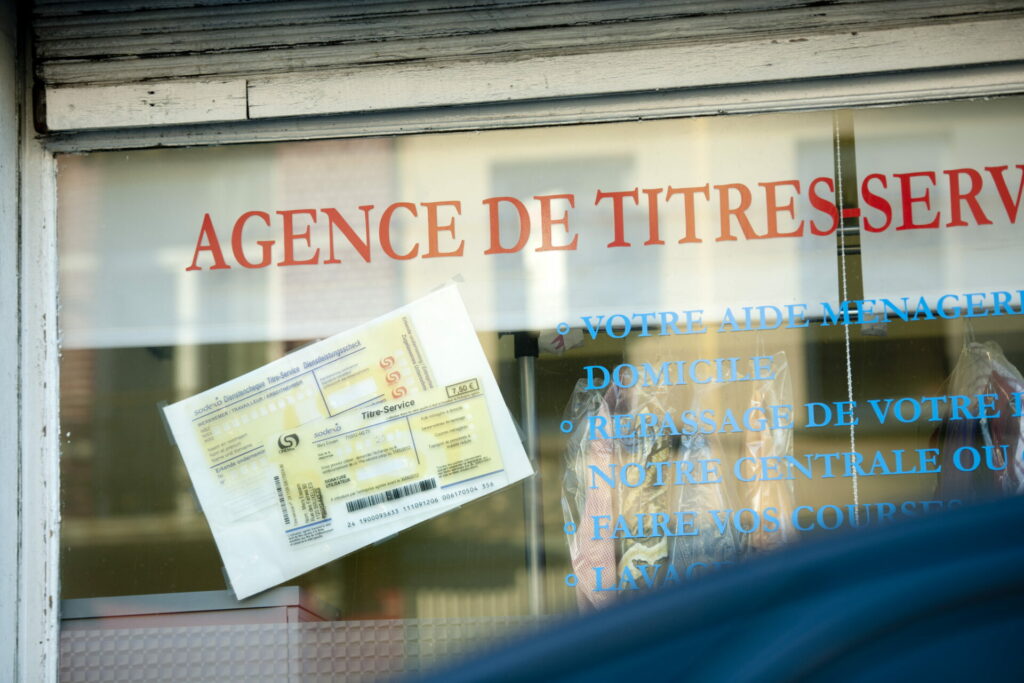The service vouchers with which domestic workers in Belgium are paid will soon apply to more tasks, such as childcare and elderly care.
The announcement came in a memorandum by Federgon, the employers’ federation, which reiterated its call to make service vouchers €5 more expensive.
The memorandum highlights the fragility of the service voucher sector, which pays over 150,000 domestic workers who help 1.2 million families every day. But more than a third of service voucher companies are operating at a loss and the top 25 firms have a profit margin of just 0.55%.
“With this memorandum, we present a blueprint to upgrade the sector, focusing on sustainable funding and a forward-looking career strategy,” said Federgon CEO Ann Cattelain.
One proposal is to increase the exchange value of service vouchers by €5. Of this, €1 would go towards employee wages, €2 towards HR support (training, coaching, etc.), and €2 to the employer. Federgon notes that the price of service vouchers in Flanders—usually €9—hasn’t risen in ten years.
Who would pay for this increase remains undecided: it could come from higher user contributions, reduced tax deductions, or increased government funding. Earlier this week, De Tijd reported that such a price hike wouldn’t deter customers.
Care organisation I-Mens raised the hourly rate for cleaning staff from €9 to €14 but saw minimal customer loss – 623 out of its 12,000 clients. However, new customers quickly replaced those who left.

One of many service voucher agencies in Brussels. Credit: Belga
Federgon also proposes allowing domestic workers to undertake more tasks to diversify their work beyond cleaning, washing, ironing, mending clothes, and cooking.
Additional tasks could include taking children to school, providing childcare, caring for sick or elderly clients at home, training colleagues, transporting colleagues to clients, and collecting and delivering their ironing. This could provide domestic workers with more varied job roles and allow those unable to clean due to physical limitations to continue working.
Another proposal is to remove the minimum work requirement of ten hours per week for retired individuals wishing to stay active in the service voucher sector. Retirees might want to work a few hours a week with long-standing clients.
However, if they can’t commit to at least ten hours per week, they are forced to stop entirely and seek other activities such as flexi-jobs or temporary work.
By making an exception for retirees, Federgon aims to offer older individuals the option to work part-time on their own terms, providing them with additional income on top of their pension.
The service voucher sector plays an important societal role, Federgon adds. “If we want to cherish our service voucher system, then now is the time for action.”

